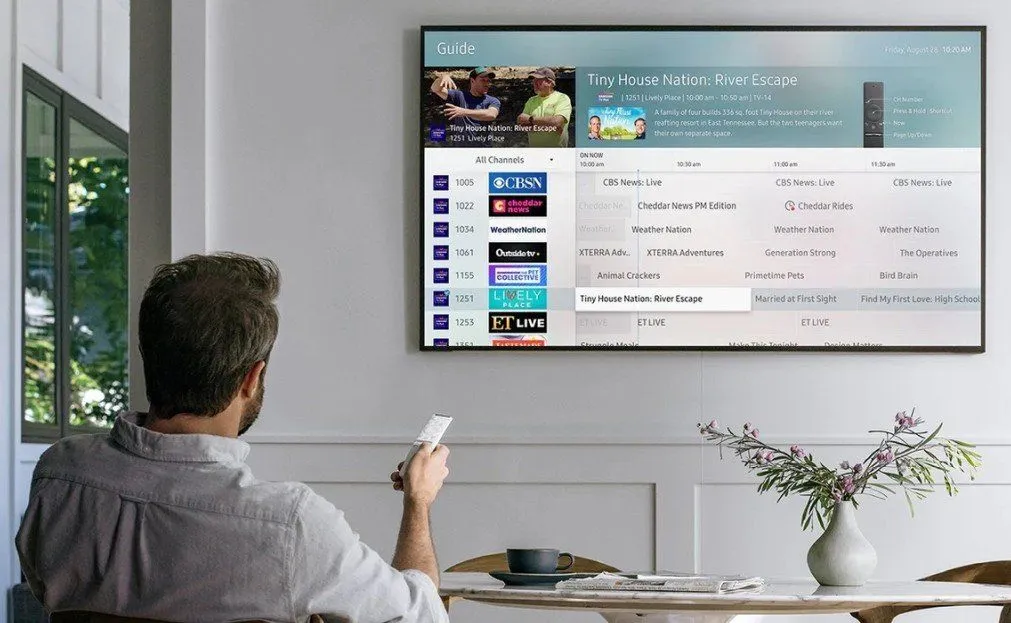In the complex landscape of healthcare, general physicians stand as the first line of defense, tirelessly working to diagnose, treat, and manage a myriad of health conditions. As the cornerstone of primary care, their role is pivotal in promoting wellness and preventing diseases. In this blog, we delve into the multifaceted world of general physicians, exploring their challenges, responsibilities, and the evolving nature of their profession.
The Heart of Primary Care:
General physicians, often referred to as family doctors or general practitioners, serve as the bedrock of primary care. Their expertise extends across a broad spectrum of medical disciplines, allowing them to address the diverse needs of their patients. From routine check-ups to managing chronic conditions, general physicians are adept at providing comprehensive care that considers the whole person.
The Challenges They Face:
While the role of a general physician is crucial, it comes with its own set of challenges. Time constraints, the need to stay updated with medical advancements, and the increasing demands of a growing and aging population are just a few hurdles they navigate daily. The ability to balance empathy and efficiency is an art that general physicians continually refine as they strive to meet the evolving healthcare needs of their communities.
Embracing Technology:
In an era of rapid technological advancement, general physicians are integrating digital tools into their practices. Electronic health records, telemedicine, and health monitoring apps are becoming integral to enhancing patient care. This integration not only streamlines administrative tasks but also facilitates more efficient communication and collaboration among healthcare providers, ultimately benefiting the patients.
The Art of Diagnosis:
The diagnostic prowess of general physicians is at the core of their practice. Armed with years of medical education and clinical experience, they employ a combination of medical knowledge and interpersonal skills to unravel the complexities of patient symptoms. The ability to listen, observe, and interpret information is a skill that sets apart an excellent general physician.
Preventive Care and Health Promotion:
Beyond treating illnesses, general physicians are advocates for preventive care. They play a vital role in educating patients about healthy lifestyle choices, vaccination schedules, and screenings. Through early detection and intervention, they contribute significantly to reducing the burden of preventable diseases, fostering a culture of wellness.
Collaboration in Healthcare Teams:
General physicians are not solitary figures in the healthcare landscape. They work collaboratively with specialists, nurses, and other healthcare professionals to ensure their patients receive comprehensive and coordinated care. Effective communication and interdisciplinary collaboration are key elements that contribute to the success of healthcare teams.
The Future of General Physicians:
As the healthcare landscape continues to evolve, so does the role of general physicians. Adapting to new technologies, staying informed about breakthroughs in medical research, and embracing a patient-centered approach are essential for their continued success. The emphasis on holistic, personalized care is likely to grow, with general physicians at the forefront of this paradigm shift.
Conclusion:
General physicians are the unsung heroes of healthcare, dedicated to the well-being of their patients and communities. Through their diagnostic acumen, preventive efforts, and collaboration with healthcare teams, they stand as pillars of primary care. As we navigate the complex and ever-changing world of healthcare, the role of general physicians remains indispensable, shaping the health and well-being of individuals and communities alike.



